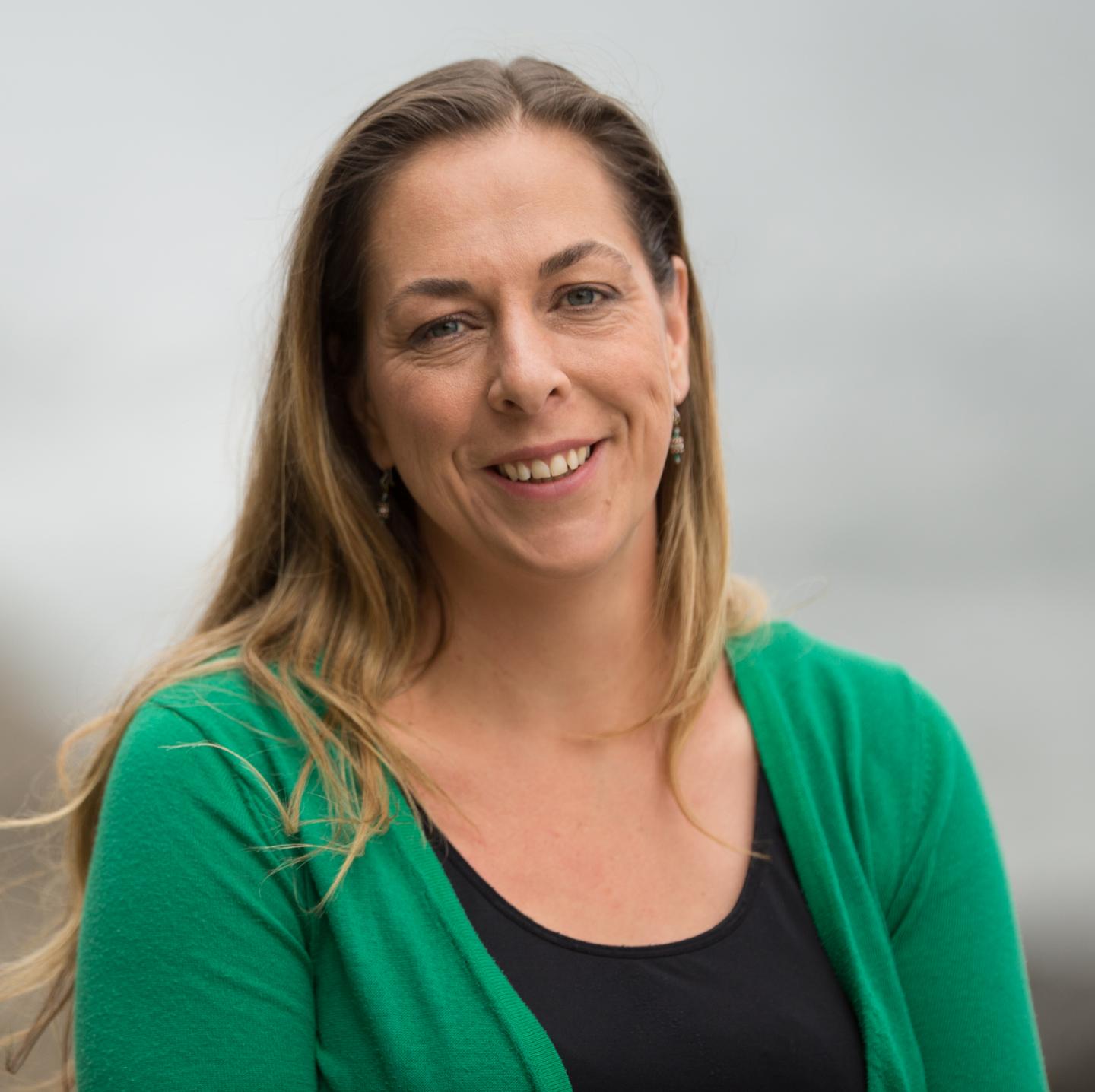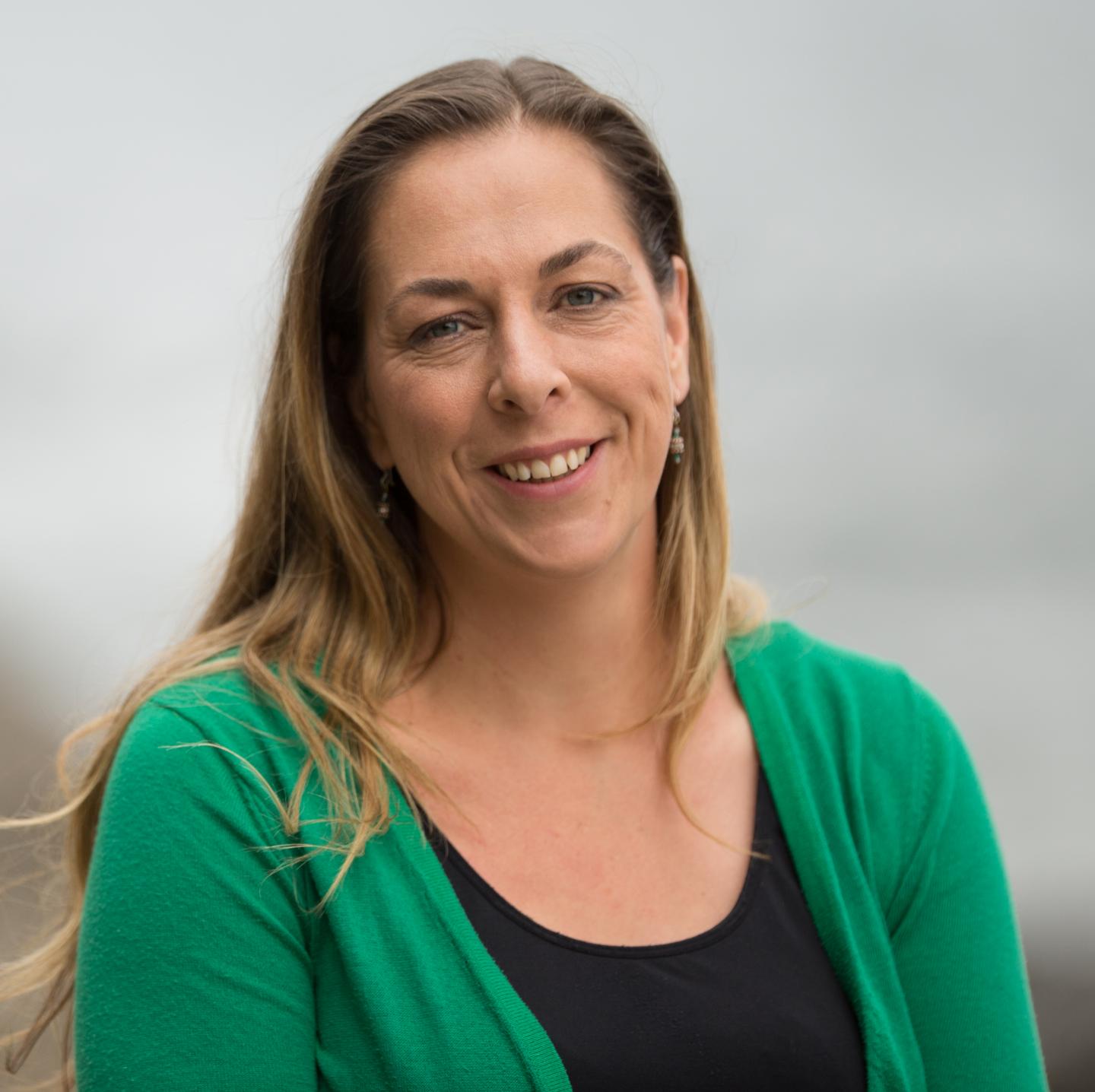
Credit: IMAS
A new international study led by scientists from IMAS and the University's Centre for Marine Socioecology has highlighted how humans are being affected by climate-driven changes in the distribution of land, marine and freshwater species around the world.
Global ecological changes pose a wide range of emerging challenges for humans, from health risks to economic threats, and from conflict over fisheries resources to impacts on the supply of coffee.
Published in the prestigious journal Science and led by IMAS Associate Professor Gretta Pecl, the study by a large international team of scientists warns that communities and economies from the tropics to the poles are being affected as species are already responding to climate change.
"Human survival depends on other life on earth so the redistribution of the planet's living organisms is a substantial challenge for people worldwide," Associate Professor Pecl said.
"As their local environment changes, many plants and animals are responding by moving to higher altitudes, greater depths in the oceans, or towards the poles.
"Previous studies have shown that land based species are moving polewards by an average of 17 km per decade, and marine species by 72 km per decade. Our study demonstrates how these changes are affecting worldwide ecosystems and human health and culture in the process.
"While some species favour a warmer climate and are becoming more abundant, many others that humans exploit or interact with face depletion or extinction."
Associate Professor Pecl said that as humans rely on natural ecosystems for food, industry, health and culture, they're affected by changes in species distribution in many different ways, including:
- Resources: fish, forests, and crops are at risk as their environments change, with the principal coffee growing regions expected to shift, and valuable timber species such as Norway spruce making way for less valuable warm climate species;
- Industries: tourism and recreational fishing are jeopardised as corals die, jellyfish infest waters used for recreation, and urchins destroy fish habitats in kelp forests;
- Conflict: tensions are emerging as species move between economic zones, as with Iceland's "mackerel wars", or due to disputes over competing land uses;
- Health: threats such as malaria are becoming more prevalent as rising temperatures allow the poleward spread of mosquitos into regions where people have not had prior exposure;
- Indigenous culture: changes in distribution of fish and reindeer are impacting food security and traditional knowledge systems of Arctic peoples.
Roger Griffis, head of the U.S. NOAA climate change policy division and co-author of the study, said current global goals, policies and international agreements do not sufficiently consider species range-shifts in their formulation or targets.
"A dynamic, multi-level legal and policy approach is needed to address the impacts across local, national and international boundaries," Mr Griffis said.
Co-author Professor Stewart Frusher, from IMAS and also Director of the University of Tasmania's Centre for Marine Socioecology (CMS), said greater investment was also needed in ongoing research to understand and monitor the impacts of species movements.
"Interdisciplinary teams that cover the biophysical and human dimensions are essential if the full societal impacts of range shifting species are to be identified and managed.
"Enhanced awareness and appropriate governance will provide the best chance of minimising negative consequences and maximising the opportunities from major species movements, which will continue for the foreseeable future," Professor Frusher said.
###
The study of climate-driven changes in species distributions is a relatively new field of science in which IMAS, CMS and CSIRO researchers are playing a lead role.
Hobart hosted the major international Species on the Move conference in February 2016, with a follow-up conference likely to be held in Kruger National Park, South Africa, in 2019.
More information, including a copy of the paper, can be found online at the Science press package at http://www.eurekalert.org/jrnls/sci. You will need your user ID and password to access this information.
Media Contact
Andrew Rhodes
[email protected]
61-362-266-683
@IMASUTAS
http://www.imas.utas.edu.au/
############
Story Source: Materials provided by Scienmag





